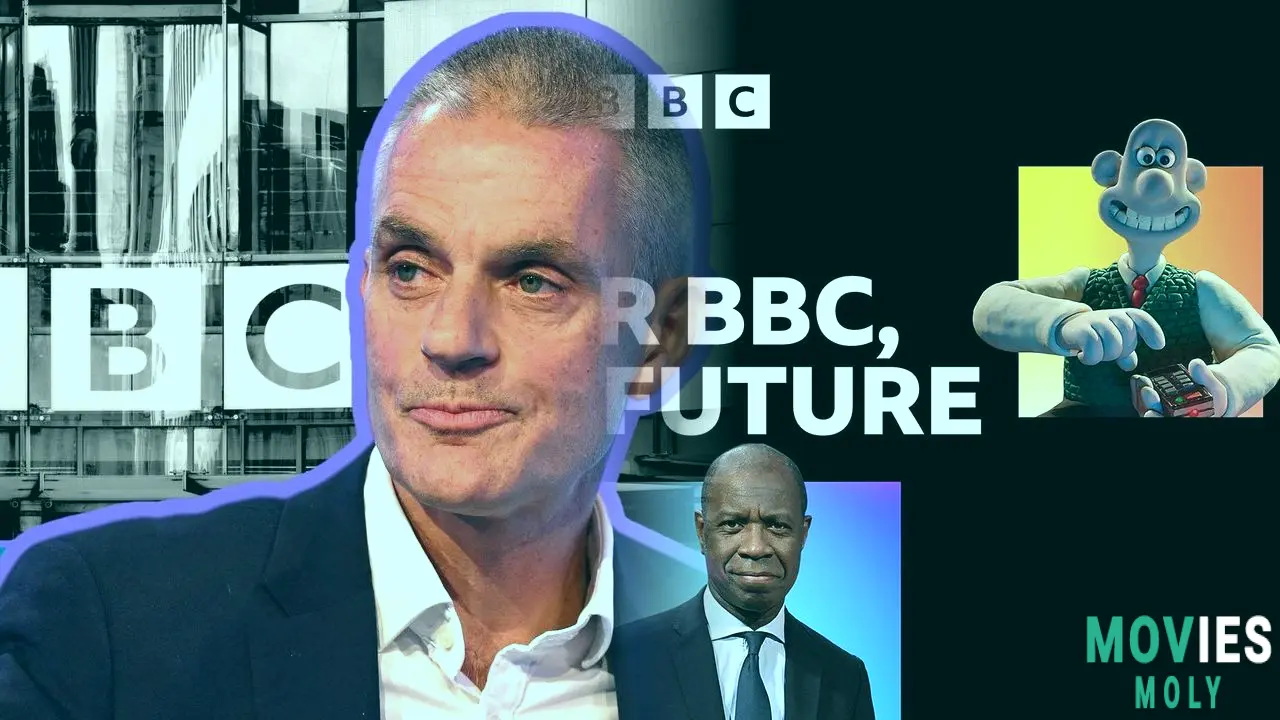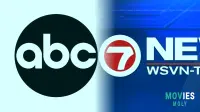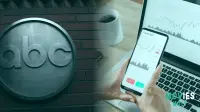A huge new survey from the BBC has dropped, and it's clear that audiences across the UK have some major thoughts on the broadcaster's future, especially when it comes to staying free from political influence and truly representing everyone.
TL;DR- Over 870,000 people responded to the "Our BBC, Our Future" questionnaire, showing massive public interest.
- A whopping 91% of viewers say BBC independence from government is crucial, but only 43% believe it's currently effective at it.
- Audiences also want better representation of different UK regions and are asking for more drama, documentaries, and local content.
Unpacking the "Our BBC, Our Future" Audience Questionnaire
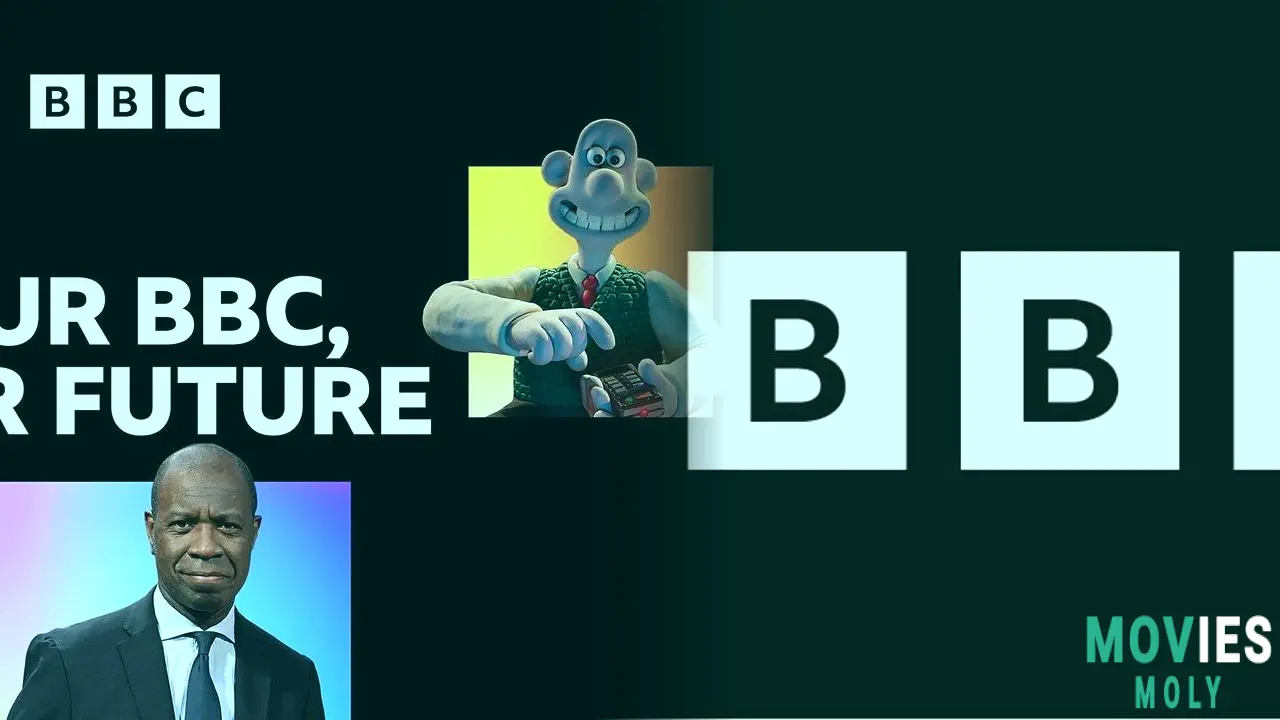
Alright, film buffs and TV addicts, let's talk about something big that just came out of the BBC. It's not a new drama or a documentary, but it's super important for the future of the shows we all love (or love to complain about!). The BBC recently wrapped up its "Our BBC, Our Future" questionnaire, a massive listening exercise that saw over 870,000 people from across the UK share their thoughts. That's a huge number, showing just how much the BBC means to its audience!
The results are in, and while there's a lot of "resounding support" for the BBC's core mission to "inform, educate, and entertain" (83% of respondents said this was important), some clear cracks and concerns have emerged. And guess what's at the top of the list?
The Burning Question of Political Independence
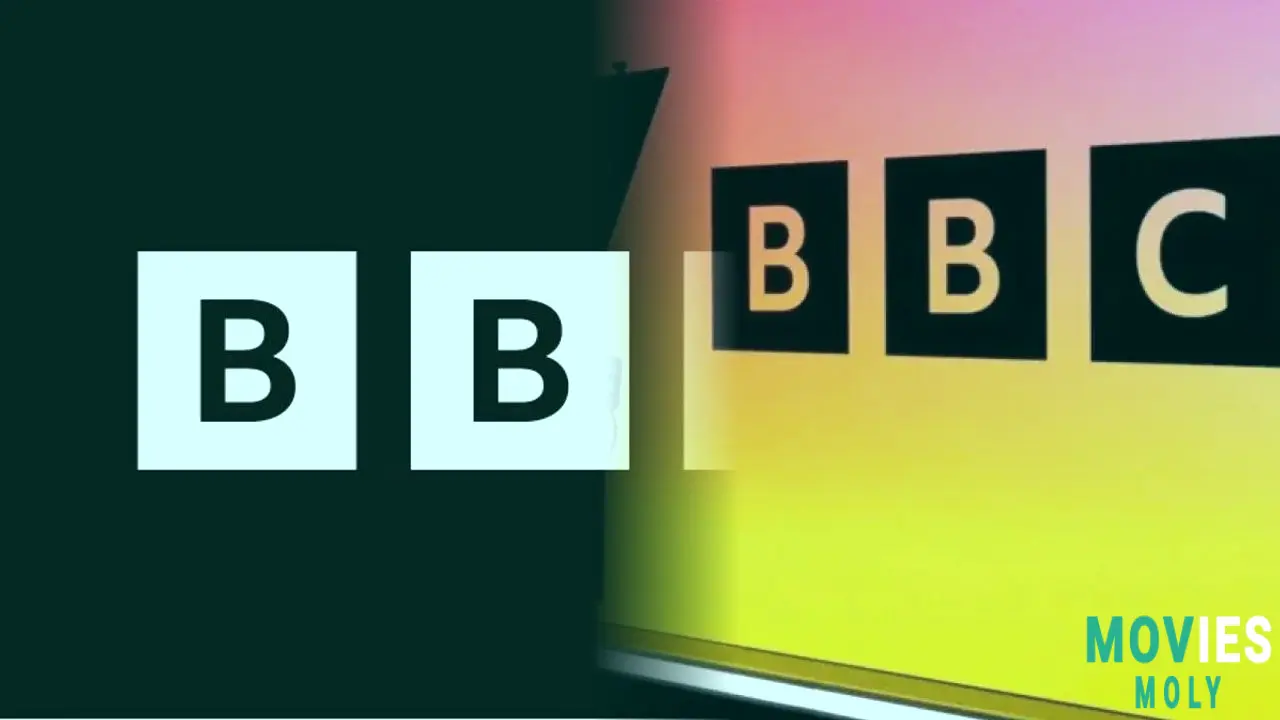
You know how important it is for any news outlet, especially a public broadcaster, to be impartial and independent? Well, BBC viewers feel this deeply. A massive 91% of those surveyed said it's crucial for the BBC to be independent from the government of the day. That's almost everyone!
But here's the kicker: fewer than half—just 43%—actually think the BBC is doing a good job at being independent. On the flip side, 38% believe it's ineffective, with another 19% unsure. That's a significant "perception problem" as some articles put it. In Wales, 40% found the BBC ineffective on independence, and in Scotland, a similar 42% were concerned about political independence, with 42% also stating it was ineffective. This isn't just a quiet hum; it's a loud message from the audience.
BBC Director-General Tim Davie addressed these concerns head-on, stating, "Yes, that is what people worry about. They worry about, is the BBC being unduly influenced?" He firmly maintains that the BBC is "absolutely not" unduly influenced and that its independence is "absolutely sacrosanct." He reassured everyone that the corporation acts "without fear or favour" and that calls from government ministers on editorial issues are "very, very rarely" received because their independence is respected.
"The results of the questionnaire are clear – our audience wants an independent BBC, delivering high-quality programmes and content that they can trust; that tells the stories that matter to them and that reflect their lives."
– Tim Davie, BBC Director-General
A History of Scrutiny and Recent Controversies
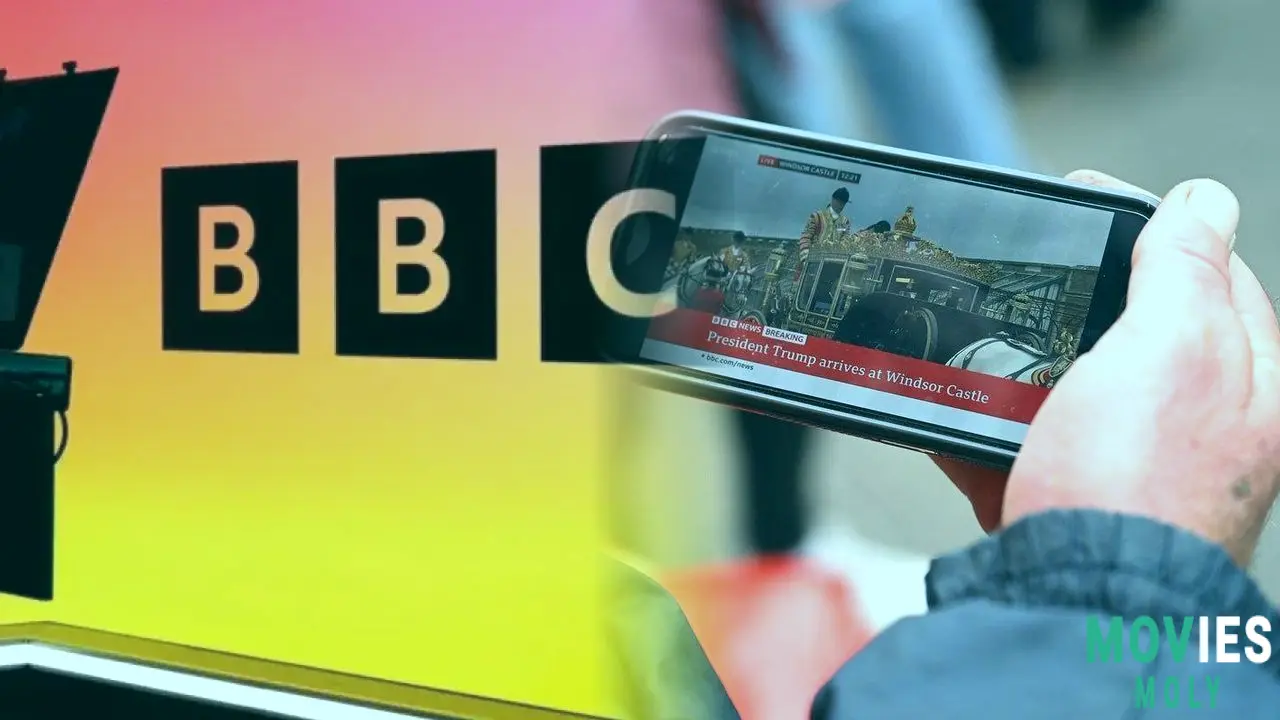
It’s no secret that the relationship between the BBC and the government has been under the microscope lately. Culture Secretary Lisa Nandy even appeared to call for Tim Davie's resignation over the summer. This was sparked by a string of incidents, including the broadcast of antisemitic comments by punk duo Bob Vylan at Glastonbury and a Gaza documentary narrated by the son of a Hamas official. James Harding, a former BBC news director, described Nandy's involvement in the Bob Vylan scandal as "chilling," highlighting a perceived "political interference."
Beyond these immediate events, there's a broader context. BBC chair Samir Shah pointed out that the BBC faces an "almost perpetual government review" because its Royal Charter needs to be renewed every ten years. This process inherently places the broadcaster under significant government influence.
And let's not forget some of the past appointments that raised eyebrows. In 2021, Richard Sharp, a former Tory donor and ex-boss of Rishi Sunak, was named BBC chair, only to resign two years later due to his links with Boris Johnson. Also in 2021, Theresa May's former communications chief, Sir Robbie Gibb, was appointed to the BBC board. These appointments, while not illegal, fuel the perception that political ties might be a bit too close for comfort.
Mirroring the UK: How Well Does the BBC Reflect Its Audience?
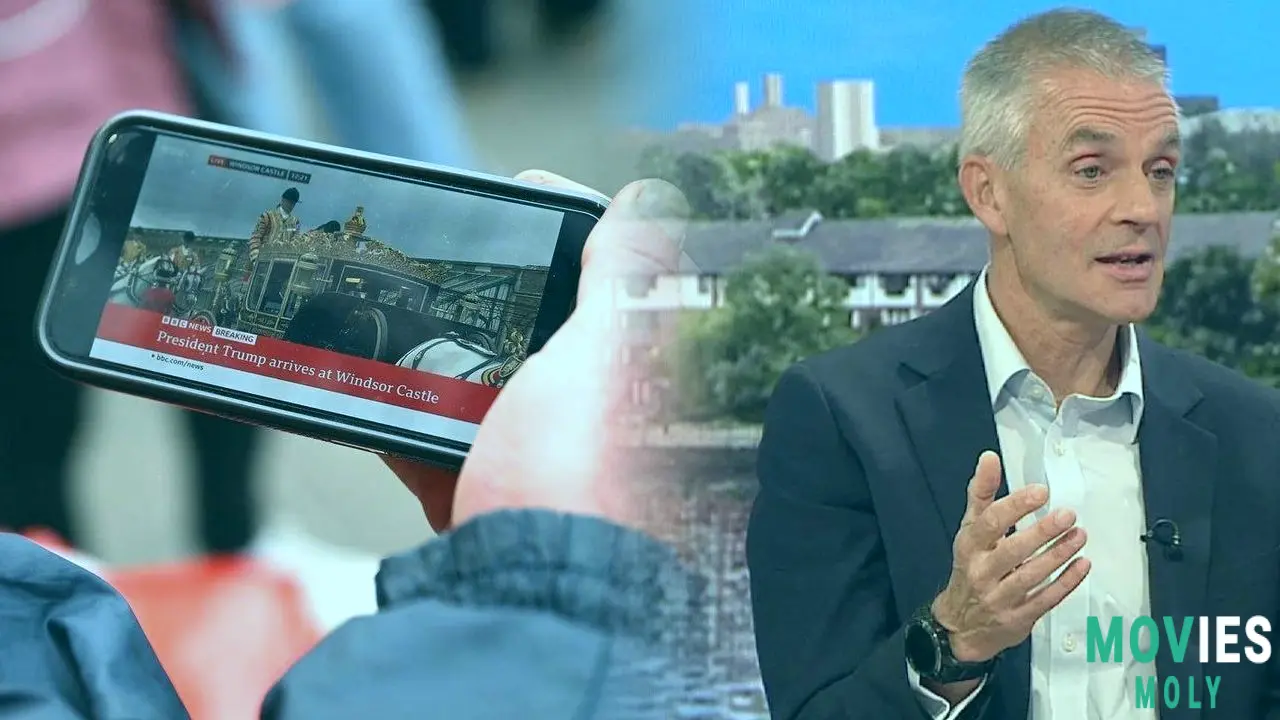
Another big area where viewers want to see improvement is how well the BBC reflects the diverse tapestry of the UK. While 76% of respondents felt it was important for the BBC to reflect different parts of the UK and the people who live there, only 51% felt it actually did so effectively. That's a noticeable gap!
Regionally, the numbers are similar. In Wales, 76% said this reflection was important, but only 52% felt the BBC was effective at it. In Scotland, less than half—48%—felt the BBC was doing well on this, with 31% feeling it was ineffective. More than a third of Scots specifically wanted more Scottish programming.
This feedback is particularly vital for those of us on a movies website, as it underscores the importance of regional storytelling and diverse voices in our dramas and documentaries. Audiences want to see their lives and their communities authentically represented on screen, not just generic "UK" stories.
What Else Audiences Are Asking For in Terms of Content
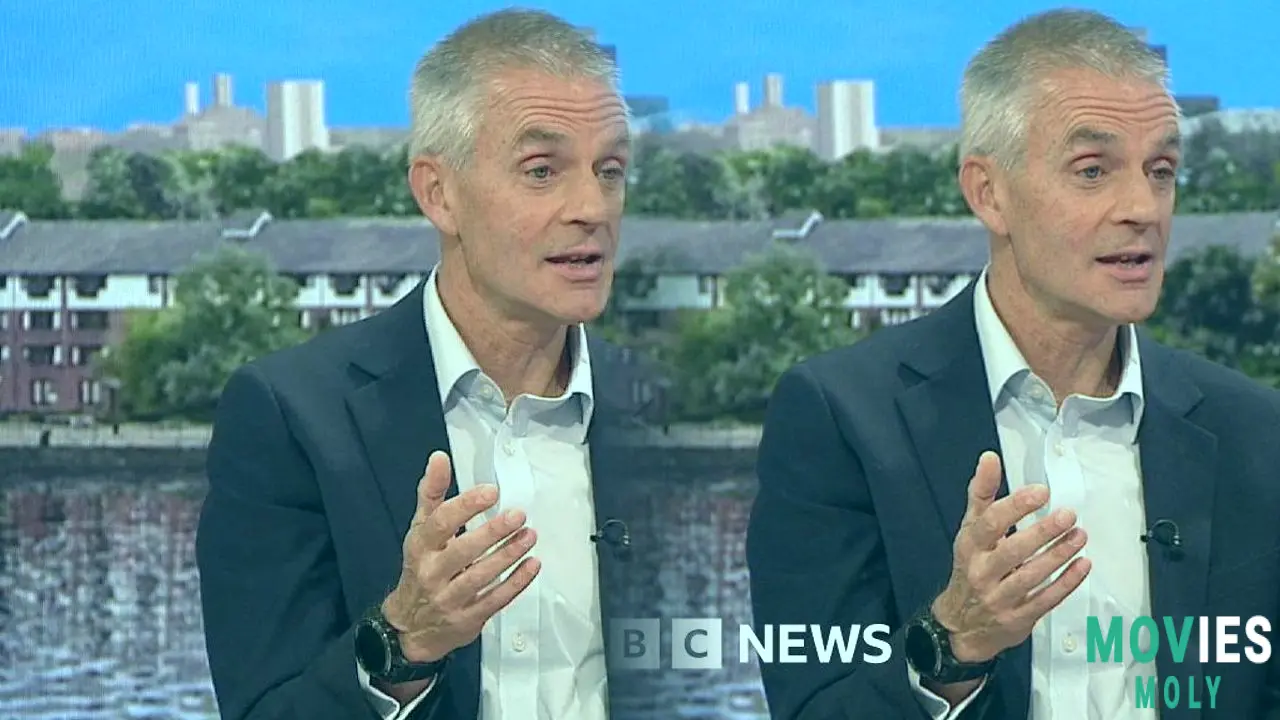
Beyond independence and representation, the survey also dug into what kind of content viewers want. Here's a quick rundown:
- Drama and Documentaries: Good news for us! Over 40% of all respondents want more drama and documentary content. This is consistent across the UK, including Wales and Scotland. So, get ready for potentially more gripping series and insightful explorations!
- Sport, Comedy, and Entertainment: Over 30% of viewers are keen on more sport, comedy, and general entertainment programming.
- News Coverage: Interestingly, the majority (67% UK-wide, 65% in Wales) are happy with the current amount of news output. It seems people just want it to be impartial and trustworthy!
- Local Content: A notable 28% in Wales and 33% in Scotland specifically asked for more content for and about their respective parts of the UK.
It's clear that while the core mission of "inform, educate, and entertain" holds strong (83%), and the pursuit of truth with no agenda is paramount (93%), audiences want the BBC to invest more in homegrown storytelling (85%) and to be an asset for the UK around the world (76%).
The "Less Diverse" Feedback and BBC's Stance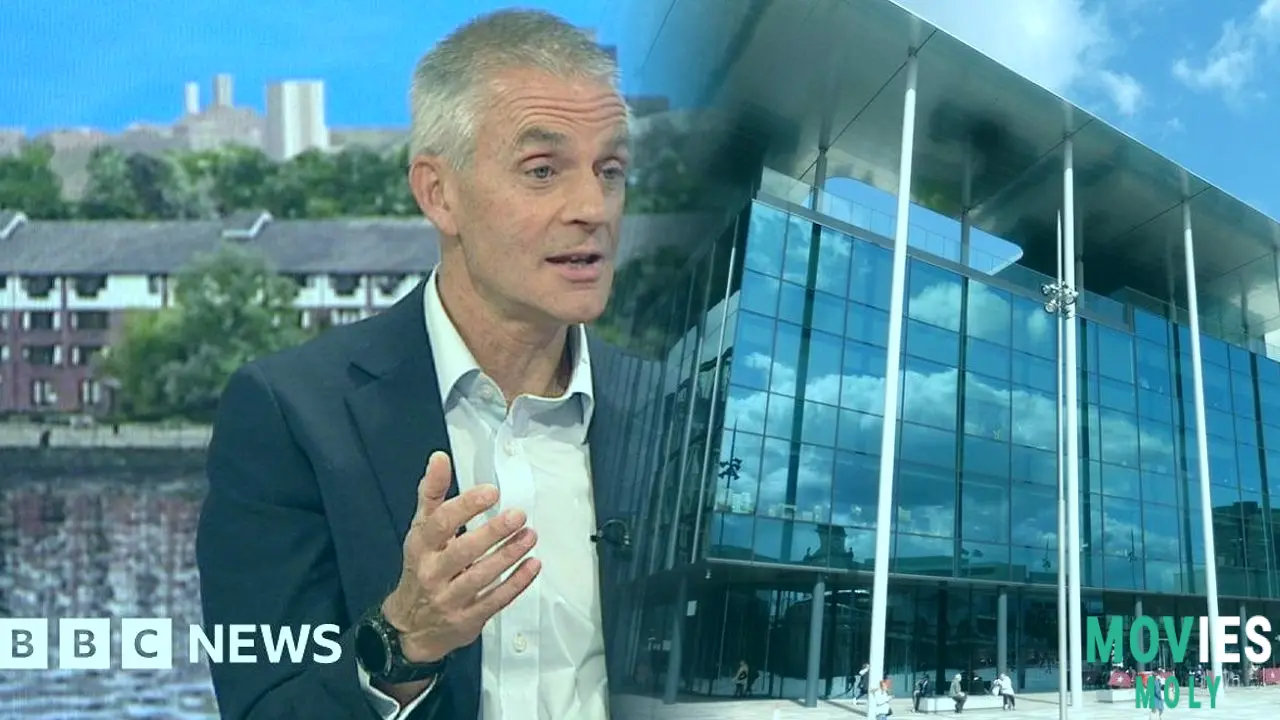
One qualitative finding that sparked a bit of debate was the feedback on diversity. While 11% of participants commented on "diversity, representation, and inclusion," some respondents explicitly asked for programming to be "less diverse" and complained about "political correctness." This highlights a tension within the audience, though the BBC has previously committed to diversity targets, aiming for 20% of its workforce and 15% of on-screen roles to be filled by people from Black, Asian, or minority ethnic backgrounds. Director-General Tim Davie reiterated that the BBC will consider all feedback as they shape the future.
What's Next for the BBC and Its Royal Charter?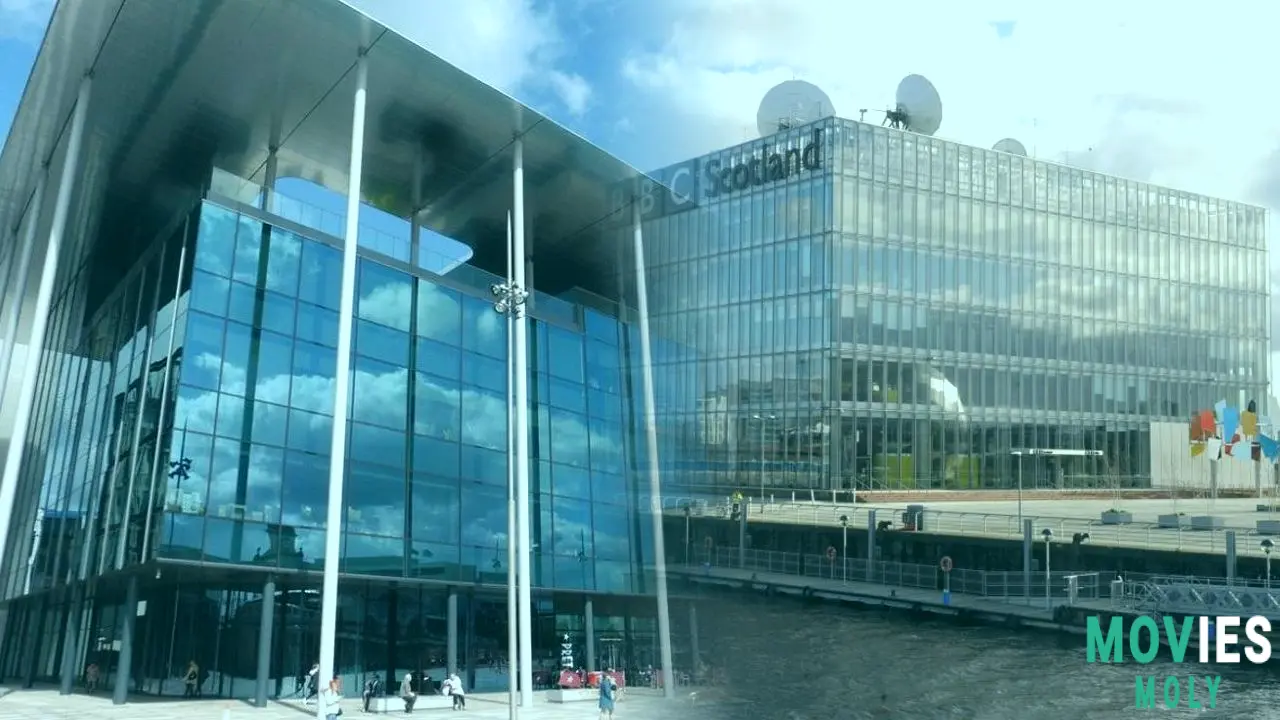
So, what does all this mean for the future of the BBC? These findings aren't just for show. They're going to play a central role in the upcoming Royal Charter Review process. The current Charter expires at the end of 2027, and the government is expected to publish a Green Paper and launch a public consultation soon.
The BBC itself is already asking some tough questions based on the survey results, including:
- How can the BBC be more accountable to the public?
- Where can they invest more across the UK for economic growth and local content?
- What more can be done to fight disinformation and support trusted information?
- How to further support local news and services?
- How can AI be harnessed safely for children's learning and the next generation?
- How can the BBC ensure no one is left behind in a digital future?
These are big questions, and the answers will undoubtedly shape the kind of content we get on our screens for years to come. For anyone who tunes into BBC dramas, documentaries, or news, these discussions are definitely worth following.
Conclusion: A Call for a Truly Independent and Reflective BBCUltimately, the "Our BBC, Our Future" questionnaire paints a clear picture: audiences deeply value the BBC's mission and its potential, but they're also keenly aware of its shortcomings, especially regarding political independence and broad representation. Tim Davie himself acknowledged that it's "not an invalid concern to be worried about governmental interference in broadcasting and free journalism." He sees the BBC as a "glowing light" for independent broadcasting, a light that needs to be fiercely protected.
As the BBC navigates its Charter Review and responds to this massive outpouring of public feedback, it has a golden opportunity to reaffirm its commitment to its audiences: delivering high-quality, trustworthy content that truly reflects and serves everyone across the UK, without fear or favour from any political corner. We'll be watching to see how they shape the future of our screens.
FAQ: Your Quick Guide to the BBC Survey & Future What was the "Our BBC, Our Future" questionnaire? It was the BBC's largest-ever public consultation, launched in March, asking over 870,000 viewers across the UK for their opinions on the broadcaster's role, independence, and future. Why is BBC independence from the government so important to viewers? A vast majority (91%) of respondents believe it's crucial for the BBC to remain impartial and trustworthy. This independence is seen as foundational to its public service mission. When does the BBC's Royal Charter expire? The current Royal Charter, which outlines the BBC's purpose and funding, expires at the end of 2027. The survey results will inform discussions for its renewal. What kind of content do viewers want more of? Many respondents, over 40%, expressed a desire for more drama and documentaries. There's also a call for more local and regional programming. Sources- BBC News: "BBC viewers worried about political interference, boss says"
- Deadline: "Major BBC Study Finds Viewers Have Doubts About Broadcaster’s Independence From Government"
- Nation.Cymru: "'Our BBC, Our Future' questionnaire findings from Welsh audiences published"
- The Herald: "One in three Scots feel the BBC is letting Scotland down"
- Broadband TV News: "Questionnaire reveals ‘resounding support’ for BBC"
- The UK Sun: "Viewers say BBC has ‘lost touch’ as calls grow for it to be ‘less diverse’"
- The Independent: "Is BBC effective at being independent? Here’s what viewers say"
- Guido Fawkes: "Just 43% of BBC viewers believe the broadcaster is effective in being ‘independent from the government of the day’"

